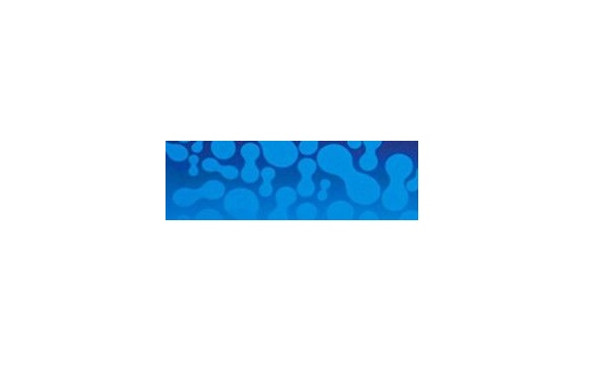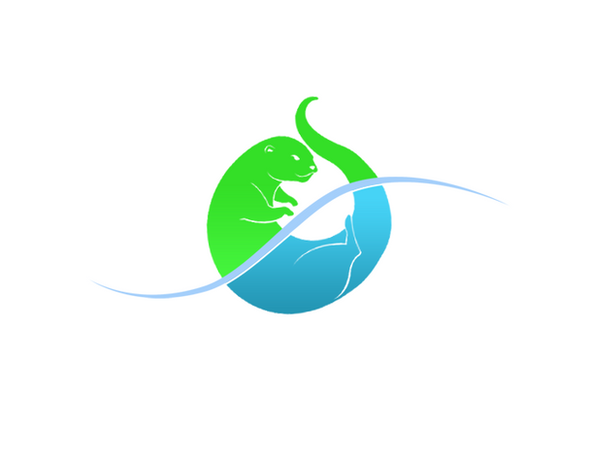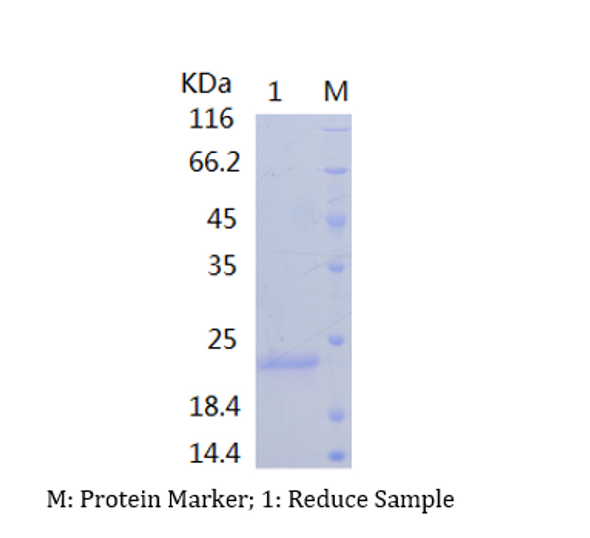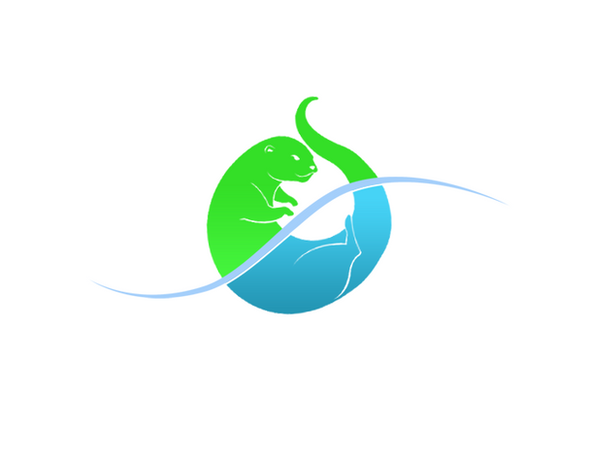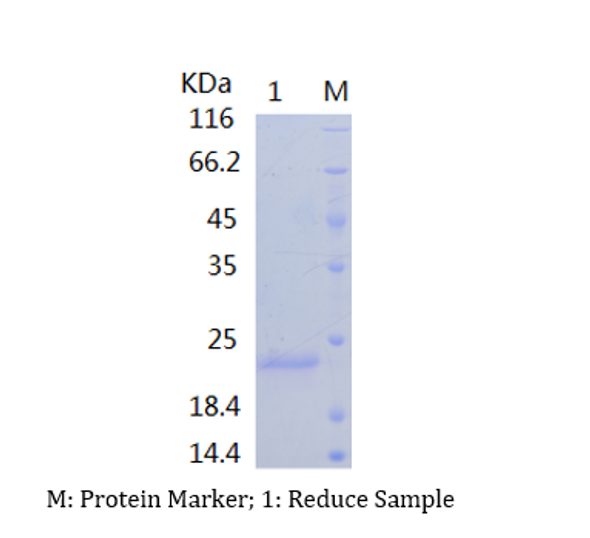Description
Recombinant Human Interleukin-33/IL-33 Protein (His Tag) | PKSH032642 | Gentaur US, UK & Europe Disrtribition
Synonyms: Interleukin-33; IL-33; Interleukin-1 Family Member 11; IL-1F11; Nuclear Factor From High Endothelial Venules; NF-HEV; IL33; C9orf26; IL1F11; NFHEV
Active Protein: Active protein
Activity: Recombinant Human Interleukin-33 is produced by our E.coli expression system and the target gene encoding Ser112-Thr270 is expressed with a 6His tag at the N-terminus.
Protein Construction: Recombinant Human Interleukin-33 is produced by our E.coli expression system and the target gene encoding Ser112-Thr270 is expressed with a 6His tag at the N-terminus.
Fusion Tag: N-6His
Species: Human
Expressed Host: E.coli
Shipping: This product is provided as lyophilized powder which is shipped with ice packs.
Purity: > 95 % as determined by reducing SDS-PAGE.
Endotoxin: < 1.0 EU per µg as determined by the LAL method.
Stability and Storage: Generally, lyophilized proteins are stable for up to 12 months when stored at -20 to -80℃. Reconstituted protein solution can be stored at 4-8℃ for 2-7 days. Aliquots of reconstituted samples are stable at < -20℃ for 3 months.
Molecular Mass: 20.3 kDa
Formulation: Lyophilized from a 0.2 μm filtered solution of 20mM Tris, 150mM NaCl, 1mM EDTA, pH 8.0.
Reconstitution: Please refer to the printed manual for detailed information.
Background: Interleukin-33 (IL-33) belongs to the IL-1 superfamily. IL33 is highly expressed in endothelial venules found in tonsils; Peyer patches and mesenteric lymph nodes; but almost undetectable in placenta. IL33 induces the production of T helper-2 (Th2)-associated cytokines. IL-33 is a cytokine that mediates its biological effects by binding to and signals through IL1RL1/ST2 and IL-1 Receptor Accessory Protein (IL1RAP); activating intracellular molecules in the NF-κB and MAP kinase signaling pathways that drive production of type 2 cytokines from polarized Th2 cells.
Research Area: Cardiovascular, immunology


